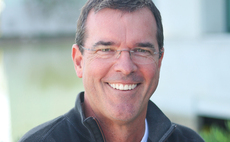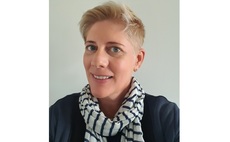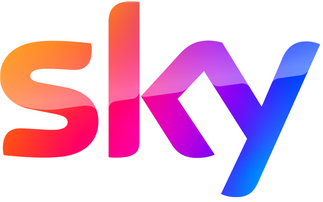Mobile operator Three calls on Ofcom not to let BT and EE dominate in 4G auctions later this year
Mobile operator Three, thwarted in its aim to acquire O2 just last month, has called on the telecoms regulator Ofcom to rein in the power of BT and its EE mobile subsidiary in the forthcoming 4G sp...
To continue reading this article...
Join Computing
- Unlimited access to real-time news, analysis and opinion from the technology industry
- Receive important and breaking news in our daily newsletter
- Be the first to hear about our events and awards programmes
- Join live member only interviews with IT leaders at the ‘IT Lounge’; your chance to ask your burning tech questions and have them answered
- Access to the Computing Delta hub providing market intelligence and research
- Receive our members-only newsletter with exclusive opinion pieces from senior IT Leaders























